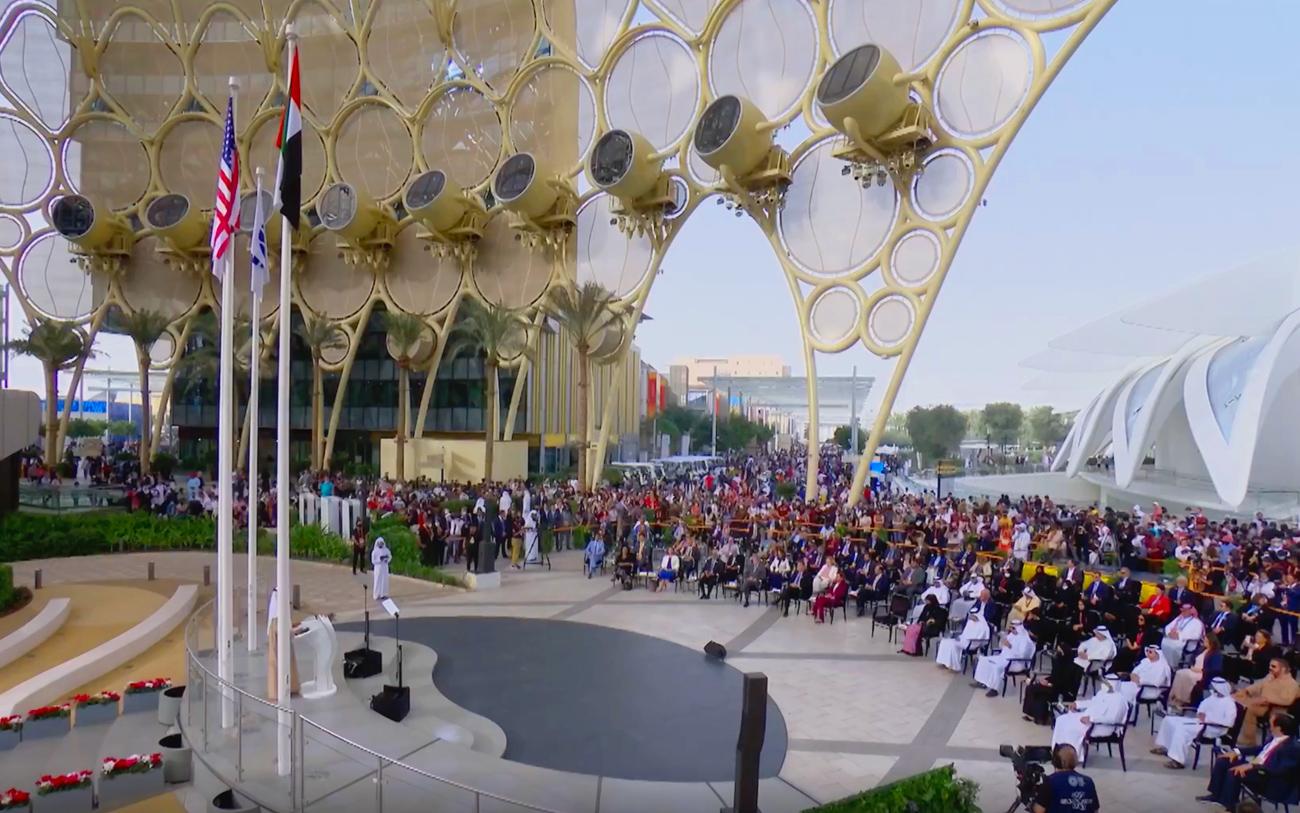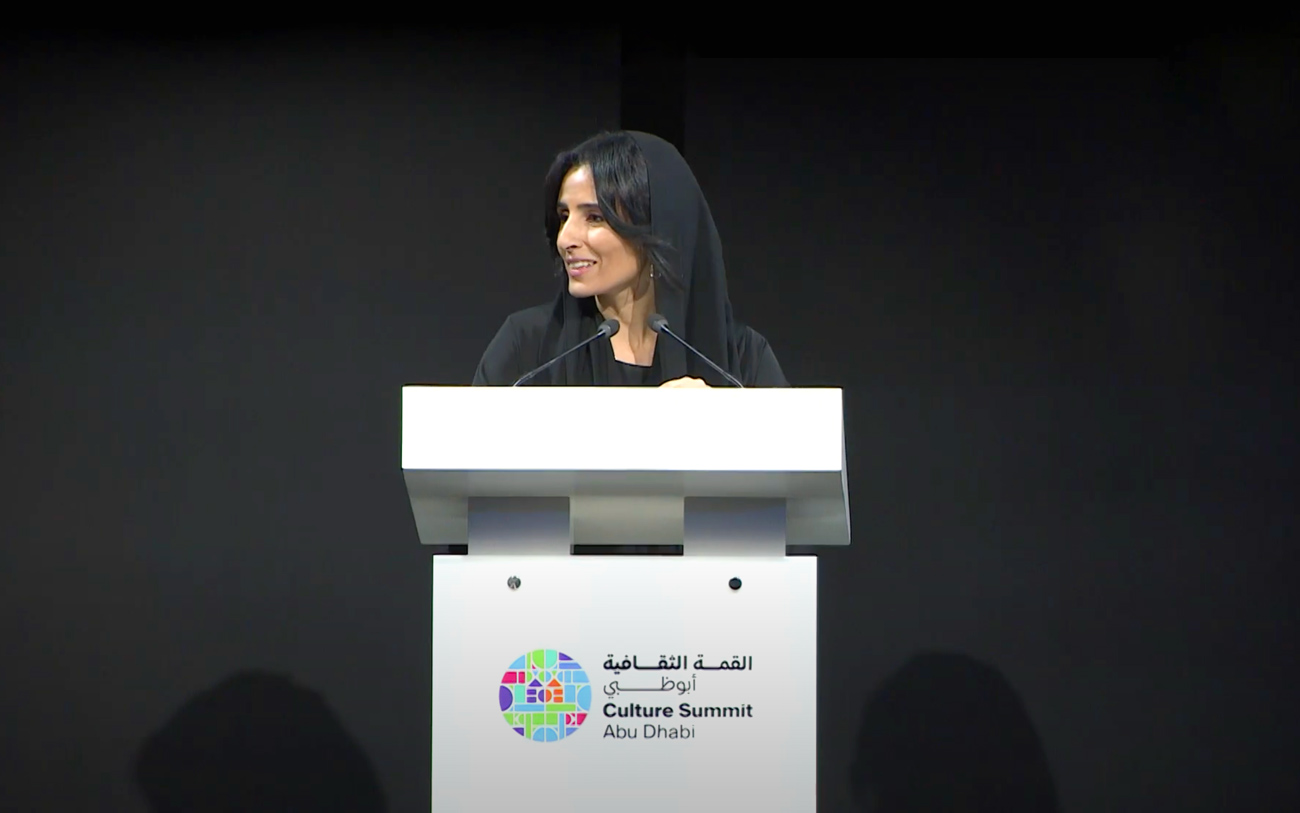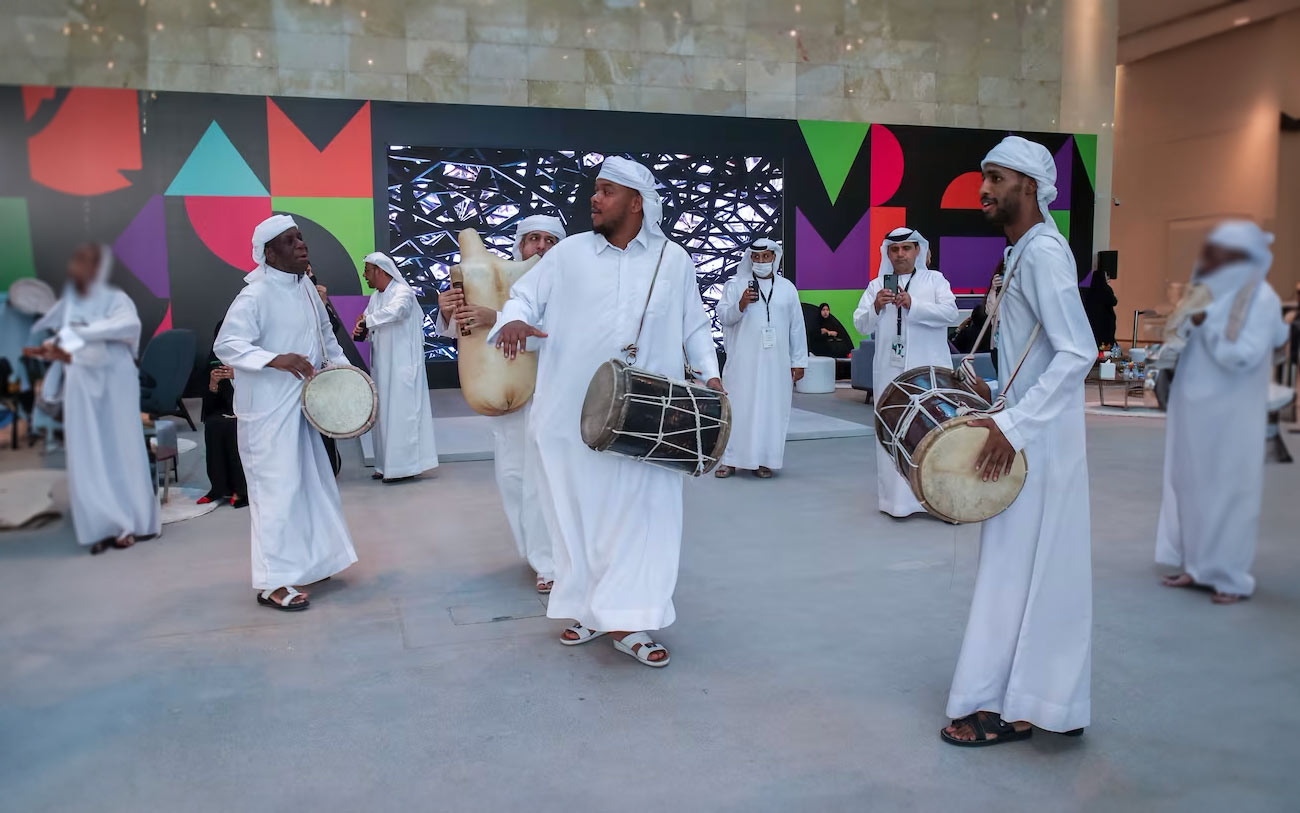Her Excellency Razan Al Mubarak, UN Climate Change High Level Champion for COP28, shared her thoughts on how cities can contribute to solving the climate challenge during an appearance at the Sustainable Cities in Action Forum 2024.
Held on 5 March at Expo City Dubai, the event brought under one roof urban planners, architects, city officials and other relevant stakeholders for discussions on how to create more prosperous, equitable, low-carbon and climate-resilient cities.
Ms. Al Mubarak, who is also President of the International Union for the Conservation of Nature (IUCN), engaged in a fireside chat with Her Excellency Reem Al Hashimi, Minister of State for International Cooperation.
According to Ms. Al Mubarak, cities are essential to the success of global efforts to avert the worst impacts of climate change:
“Cities host more than half of the world’s population and produce the majority of greenhouse emissions. Besides their significant contribution to the problem, cities are also part of the solution. They are centers of incredible innovation where mayors and businesses can test and scale the planning and design solutions and the technologies we need for a low-carbon future.”
Ms. Al Mubarak commended the Built Environment Sustainability Blueprint Report issued by the Emirates Green Building Council, saying it is an example of how the public and private sectors can join hands to build more sustainable cities. She added:
“This work aligns with the UAE’s vision for a sustainable future and demonstrates how environmental stewardship can be an economic driver.”


